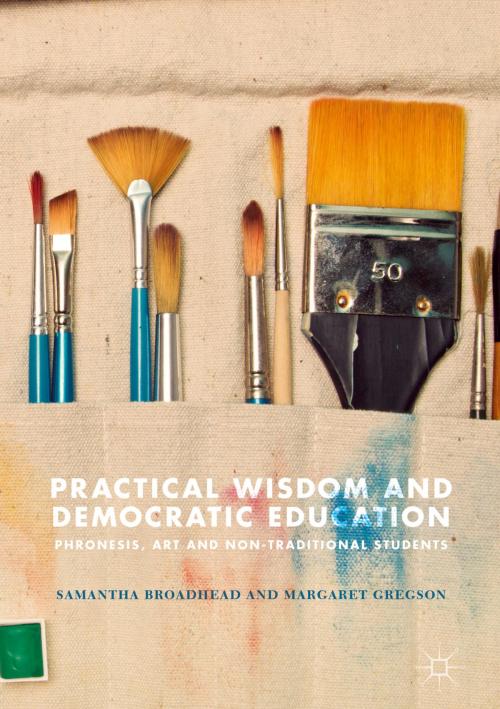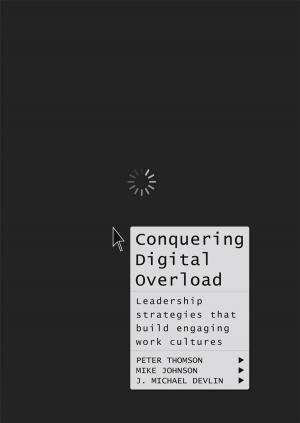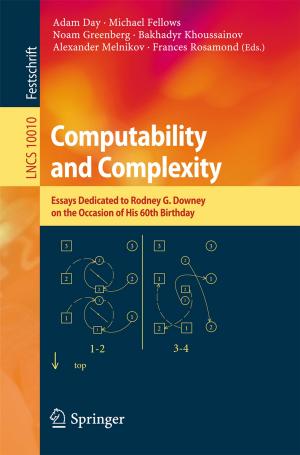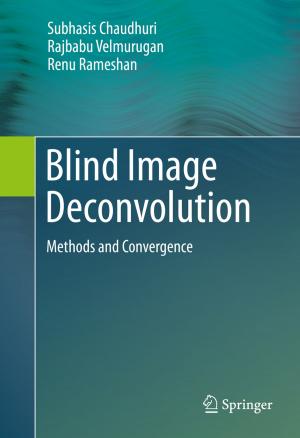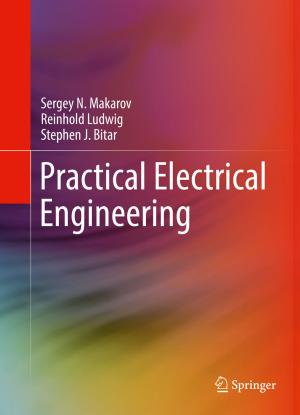Practical Wisdom and Democratic Education
Phronesis, Art and Non-traditional Students
Nonfiction, Reference & Language, Education & Teaching, Educational Theory, Philosophy & Social Aspects, Teaching, Teaching Methods| Author: | Samantha Broadhead, Margaret Gregson | ISBN: | 9783319733111 |
| Publisher: | Springer International Publishing | Publication: | February 20, 2018 |
| Imprint: | Palgrave Macmillan | Language: | English |
| Author: | Samantha Broadhead, Margaret Gregson |
| ISBN: | 9783319733111 |
| Publisher: | Springer International Publishing |
| Publication: | February 20, 2018 |
| Imprint: | Palgrave Macmillan |
| Language: | English |
This book explores the development of practical wisdom, or phronesis, within the stories of four mature students studying for degrees in art and design. Through an analysis informed by the ideas of Basil Bernstein and Aristotle, the authors propose that phronesis – or the ability to deliberate well – should be an intrinsic part of a democratic education. As a number of vocational and academic disciplines require deliberation and the ability to draw on knowledge, character and experience, it is essential that no student feels their experience puts them at a disadvantage.
The authors argue that democratic education should allow each participant to feel enhanced, included and able to participate in order to create a constructive and reciprocal dialogue. This work will be of value to students and scholars interested in democratic education, the experiences of non-traditional students, and the sociology of education.
This book explores the development of practical wisdom, or phronesis, within the stories of four mature students studying for degrees in art and design. Through an analysis informed by the ideas of Basil Bernstein and Aristotle, the authors propose that phronesis – or the ability to deliberate well – should be an intrinsic part of a democratic education. As a number of vocational and academic disciplines require deliberation and the ability to draw on knowledge, character and experience, it is essential that no student feels their experience puts them at a disadvantage.
The authors argue that democratic education should allow each participant to feel enhanced, included and able to participate in order to create a constructive and reciprocal dialogue. This work will be of value to students and scholars interested in democratic education, the experiences of non-traditional students, and the sociology of education.
